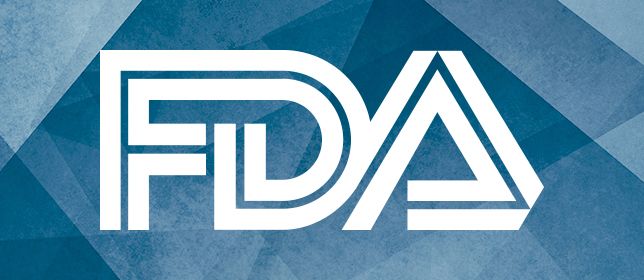Article
Evinacumab (Evkeeza) Receives FDA Approval as Adjunct Therapy for HoFH
Author(s):
A statement from Regeneron announced their ANGPTL3 inhibitor evinacumab (Evkeeza) received approval as an adjunct therapy for lowering LDL-C in patients 12 years and older with homozygous familial hypercholesterolemia.

Regeneron Pharmaceuticals announced the US Food and Drug Administration (FDA) has granted approval to their ANGPTL3 inhibitor, evinacumab-dgnb (Evkeeza), as an adjunct to other LDL-C lowering therapies in the treatment of homozygous familial hypercholesterolemia (HoFH) in patients as young as 12 years old.
According to a statement from Regeneron, the approval is based on the results of the ELIPSE trial and comes less than 6 months after the results of the phase 3 trial, which demonstrated a 49% reduction in LDL- C relative to placebo therapy, were published in the New England Journal of Medicine.
"The FDA's approval of Evkeeza is a watershed moment for individuals born with HoFH, a severe form of familial hypercholesterolemia," said Katherine A. Wilemon, Founder and CEO of the FH Foundation, in the aforementioned statement. "Those living with HoFH have faced devastatingly high LDL-C levels and an uncertain future. Evkeeza significantly lowered LDL-C levels in clinical trials and this new treatment offers an important new option for people living with HoFH."
Upon approval as an adjunct to other LDL-C lowering therapies to treat adult and pediatric patients aged 12 years and older with HoFH, evinacumab became the first FDA-approved agent with the ability to bind and block the function of angiopoietin-like 3 (ANGPTL3).
The ELIPSE HoFH trial enrolled a total of 65 patients and randomized them to receive evinacumab 15 mg/kg every intravenously every 4 weeks plus other lipid-lowering therapies or other lipid-lowering therapies plus placebo. All patients included in the trial had an LDL-C level of 70 mg/dL or more at the start of the trial and the mean LDL-C of the entire trial cohort was 255 mg/dL.
In the trial, patients randomized to evinacumab reduced their LDL-C by 49% from baseline when compared to placebo at week 24 (P <.0001). Trial results also indicated evinacumab was associated with significant reductions in levels of apolipoprotein B, non-HDL-C, and total cholesterol when compared to placebo therapy (P <.0001 for all). Additionally, reductions in LDL-C seen with evinacumab were observed as early as week 2 and maintained through the open-label portion of the trial, which lasted from week 24 through week 48.
The most common adverse reactions reported from combined safety data in placebo-controlled trials after 24 weeks were nasopharyngitis (16% Evkeeza, 13% placebo), influenza-like illness (7% Evkeeza, 6% placebo), dizziness (6% Evkeeza, 0% placebo), rhinorrhea (5% Evkeeza, 0% placebo), nausea (5% Evkeeza, 2% placebo), pain in extremity (4% Evkeeza, 0% placebo), and asthenia (4% Evkeeza, 0% placebo).
In their statement, Regeneron pointed out evinacumab is administered based on weight once-monthly. Additionally, the statement noted the Wholesale Acquisition Cost per patient in the US will vary by weight and is expected to be approximately $450,000 per year on average.
"Evkeeza is a potentially transformational new treatment for people with HoFH," said Daniel J. Rader, MD, Professor and Chair of the Department of Genetics in the Perelman School of Medicine of the University of Pennsylvania. "Existing therapies for HoFH are insufficient for the majority of patients. Evkeeza, through its unique mechanism of action, was shown to reduce LDL-C levels in patients with all forms of HoFH, even those with nearly no LDL receptor activity, and represents a highly meaningful improvement in our ability to control LDL-C levels in patients with HoFH."
This is a developing story and will be updated when more information becomes available..




